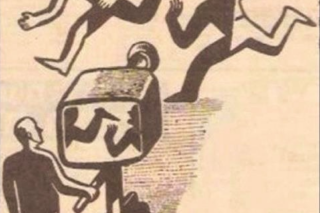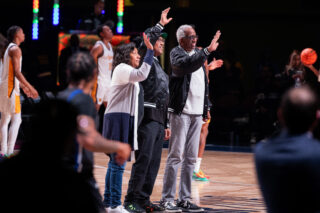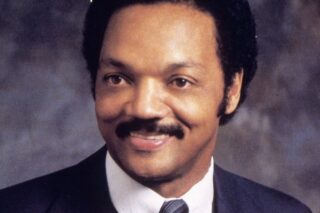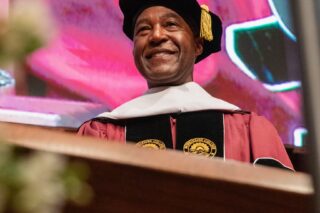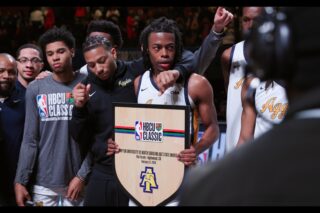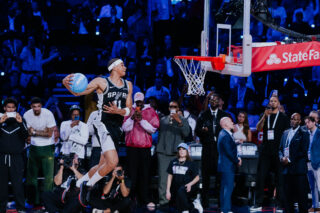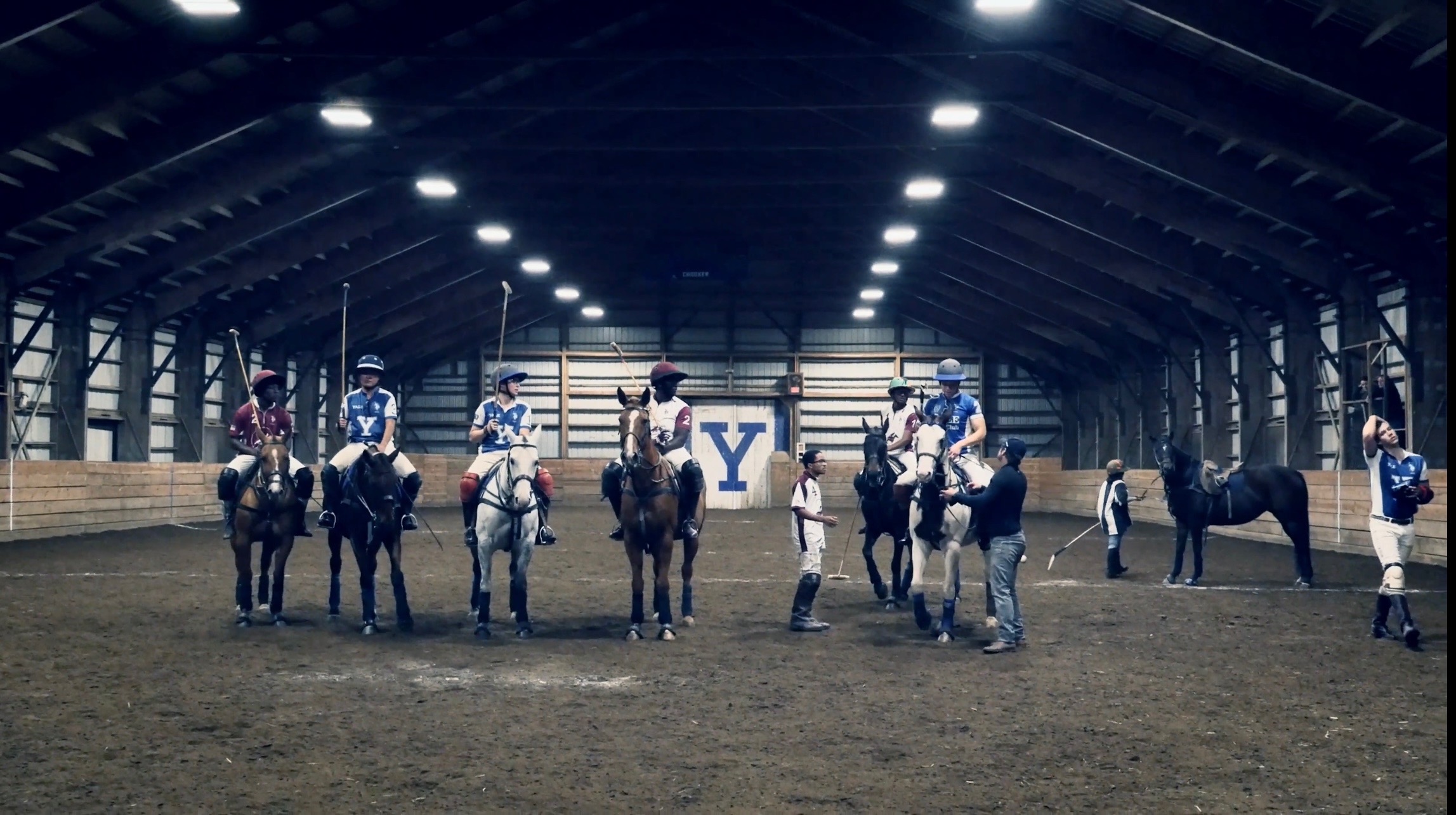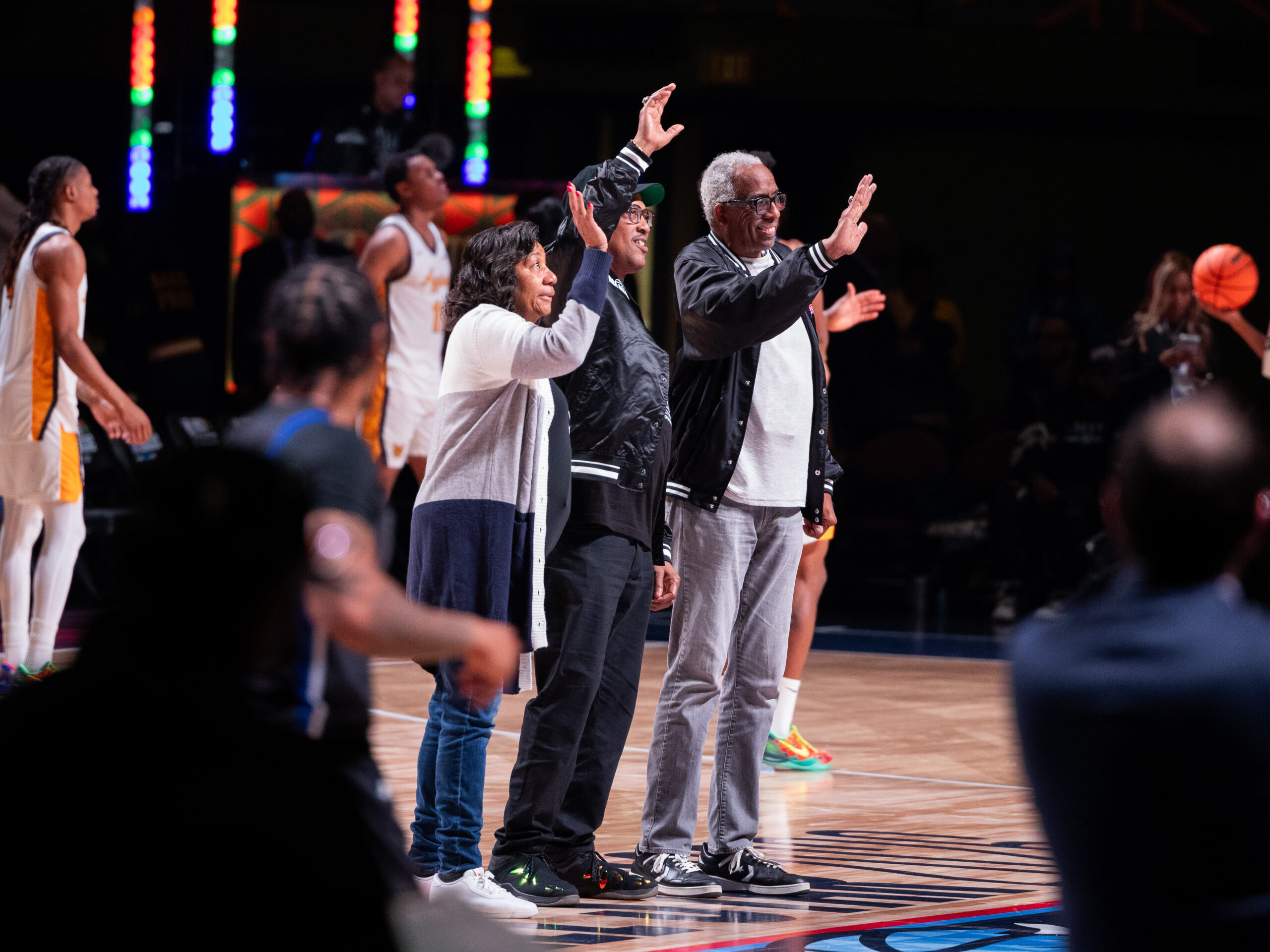Trysten Williams ’25 never planned to make a film about the Morehouse College Polo Club. What began as a simple media project soon became director Kendi King’s senior thesis at Spelman College. When outside media outlets tried to twist the team’s story, Williams and King stepped in to preserve its authenticity through their documentary, “From Rodeo to Polo: The First HBCU Polo Team”.
Since its 2024 release, the Emmy-nominated film has earned national attention. It’s been featured at the MountainFilm Festival, the March On Festival, and the Reframing Cinema Film Festival. The film also won the Audience Choice Award and Best Documentary at the HBCU Film Festival, along with the Special Jury Prize at the March On Festival.
Next, the documentary will appear at the Diaspora Festival of Black and Independent Film, the Silicon Valley African Film Festival, and DOC NYC.
Bringing Country to the Sport of Kings
“From Rodeo to Polo” follows the team’s three-month journey to face Yale University in their United States Polo Association qualifier. From the start, King was drawn to the team’s authenticity and energy during practice.
Even though most players were new to polo, their country roots guided them toward mastery. King quickly realized she had a story worth telling.
“Every single practice, they’re getting exponentially better,” King said. “To see them in this elite space, but being 1000 percent themselves…I recognized the contradiction.”
More Than Just Cowboy Boots
Cultural preservation shaped every part of the project. King and Williams also explored the historical meaning of the word “cowboy”. For Williams, that part of the story felt deeply personal.
“For us, that’s something sacred,” Williams said. “That actually means something to me. It’s like a rite of passage. I had to work for this or live a certain lifestyle, so bringing that awareness was really our big thing.”
Despite the growing acclaim, both filmmakers remain focused on their purpose. Being the youngest faces at festivals like MountainFilm has expanded their network, but their mission hasn’t changed. They continue to tell stories centered on the African diaspora.
“Sometimes the things we do as Black people and things that come out of the AUC are short-lived,” King said. “Whether or not there will be a polo team ten years from now, there will always be this capsule that this happened, that they were here, and that these men were in these spaces.”
Giving Back Through Polo
Now operating as a 501(c)(3) nonprofit, the polo club plans to grow beyond athletics. Williams hopes to create opportunities for students from rural communities to connect with deep South traditions.
“Coming to Atlanta was a big culture shock,” he said. “Polo gave us a chance to slow down. That fellowship is crucial, and that community is needed to thrive.”
King also recognizes the weight this project carries today. With ongoing attacks on free speech and historical truth, both filmmakers see their work as vital to keeping Black history alive.
“Sankofa; you can only know where you’re going if you know where you’re from,” King said. “We’re big on Black power and Black future, and that comes with making sure that we document so that everyone knows we have a past.”
To support the Morehouse Polo Team, click here to donate.

